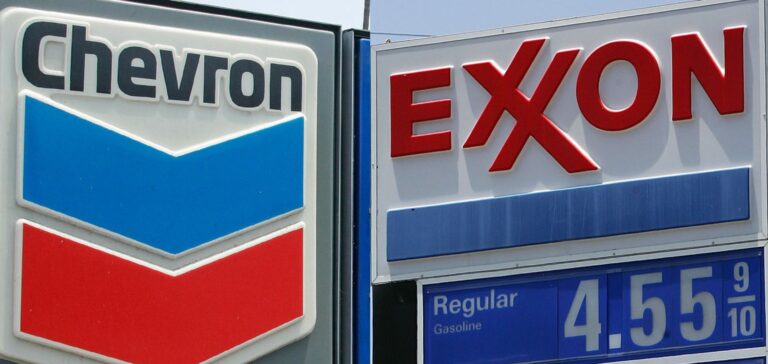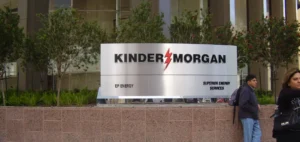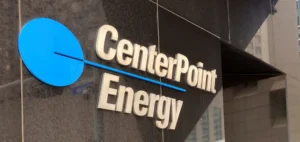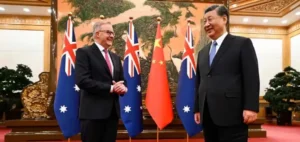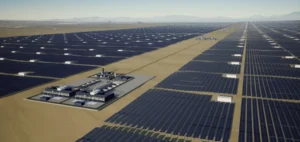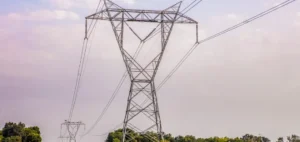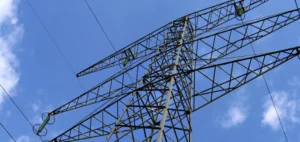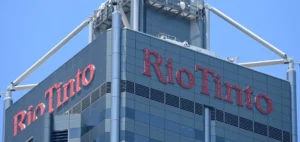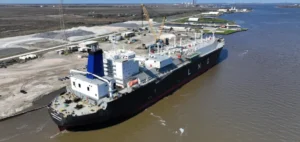Chevron Corp (CVX.N) and Exxon Mobil Corp (XOM.N), the two largest U.S. fossil fuel companies, are seeking Australia’s support for carbon capture and storage (CCS) and hydrogen projects. They want to increase their investments to reduce carbon intensity. Expanding CCS projects and hydrogen production from renewables are crucial for Australia, the world’s largest exporter of liquefied natural gas (LNG), to reduce its carbon-based economy, while meeting the demand for LNG from its major buyers such as Japan and South Korea.
Political support
“Support should not only be in the form of funds, but also in the form of political support,” David Fallon, general manager of energy transition at Chevron Australia, said at the Australian Petroleum Production and Exploration Association (APPEA) conference. Australia aims to reduce its carbon emissions by 43% by 2030 and achieve carbon neutrality by 2050. The country is home to the world’s largest commercial CCS project, Gorgon, managed by Chevron, which is struggling to reach its maximum capacity. Fallon noted that Chevron is prioritizing CCS investments in the United States because of favorable policy measures such as tax credits. “That last marginal dollar you plan to spend at the end of the budget can make a difference,” Fallon said.
Australia announced its own plans to develop offshore CCS capacity on Tuesday, following significant incentives from the United States and a $24 billion commitment by Britain to such projects over the next two decades. The CCS process involves capturing carbon dioxide (CO2) generated by industrial activity, transporting it, and then storing it underground. Executives from Inpex Corp (1605.T), Japan’s largest oil and gas explorer, and Woodside Energy Group (WDS.AX), Australia’s largest independent gas producer, also argued for political certainty.

